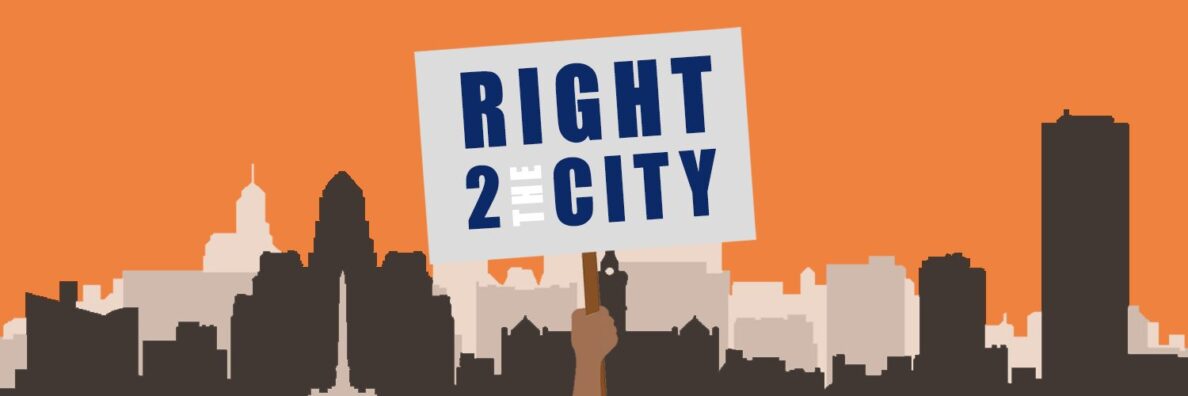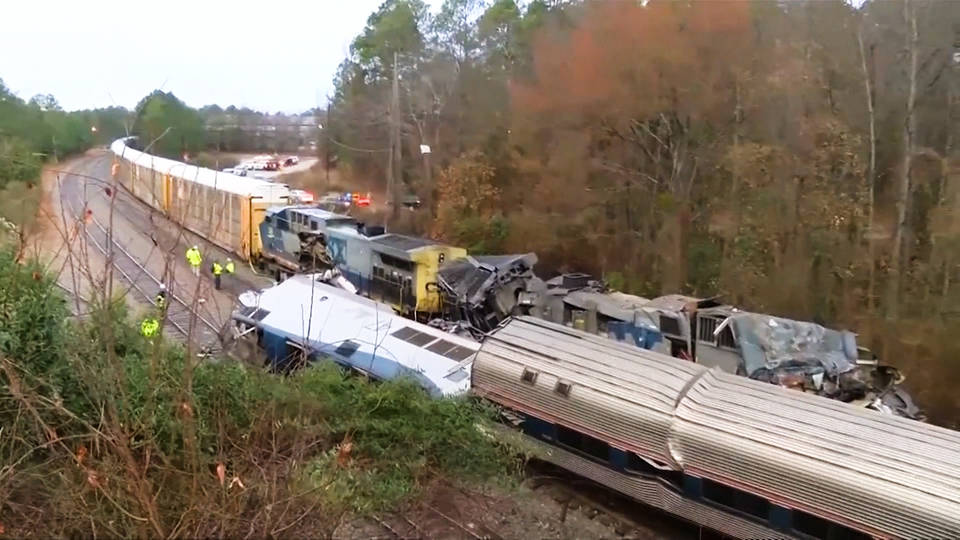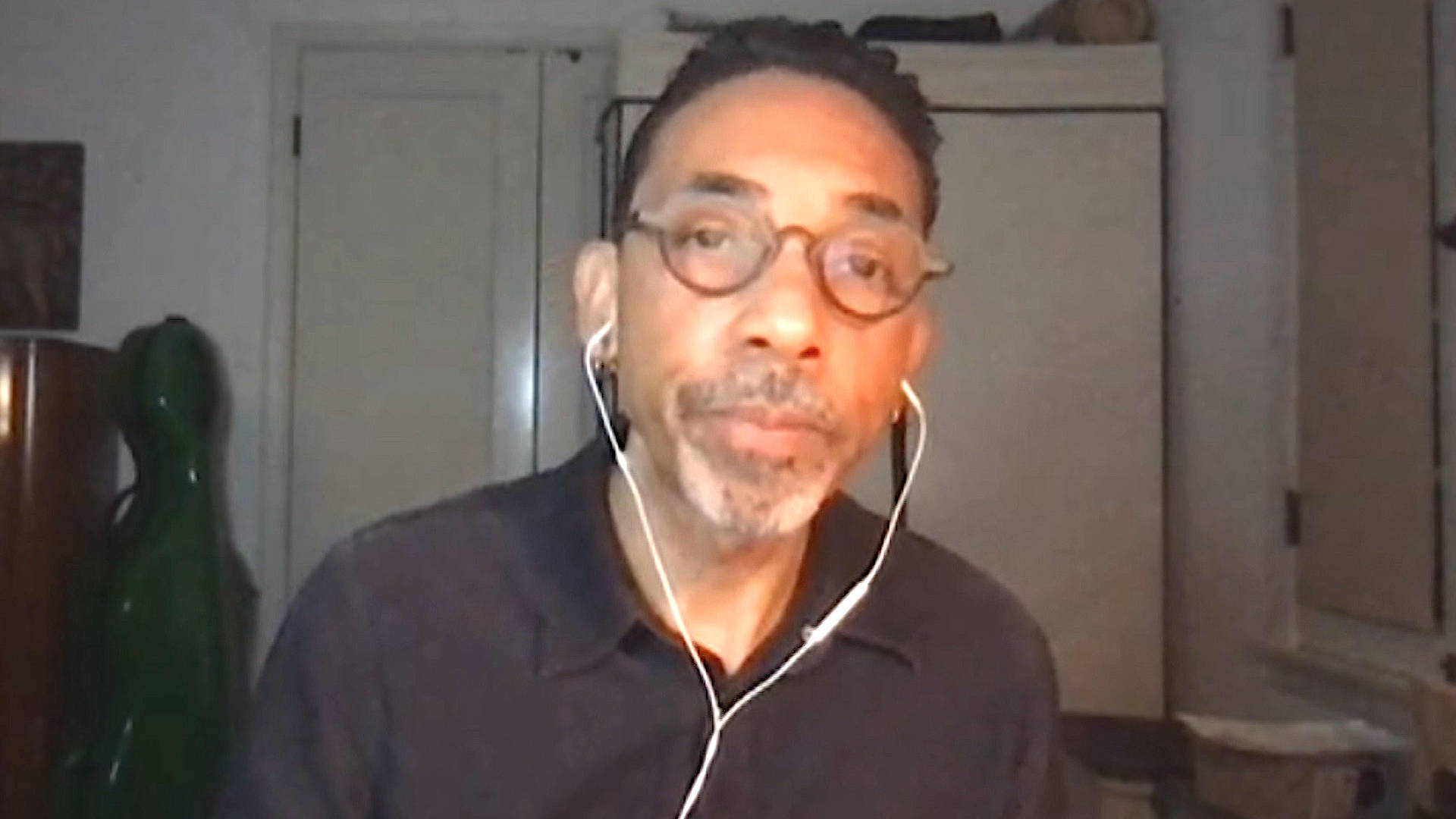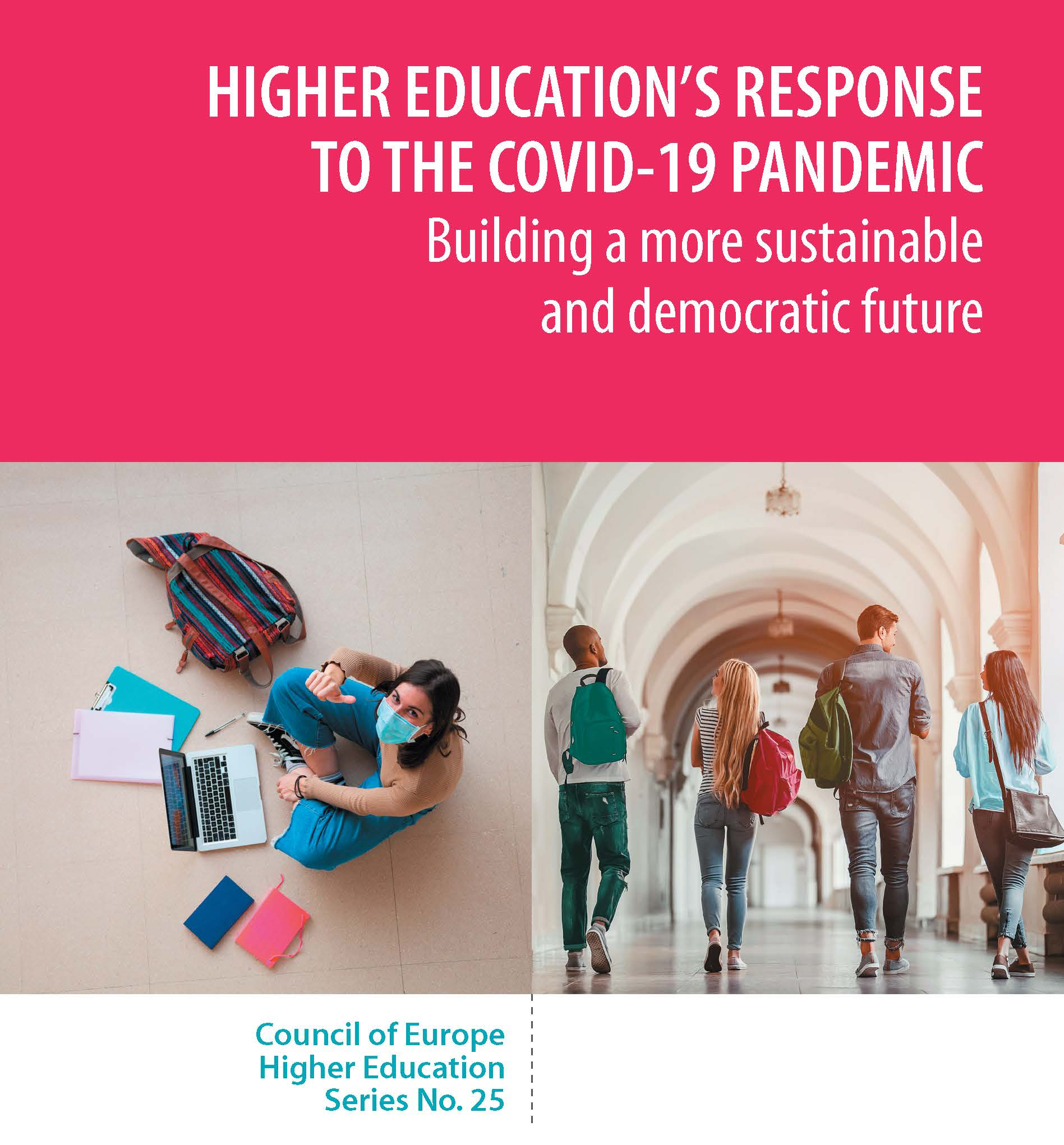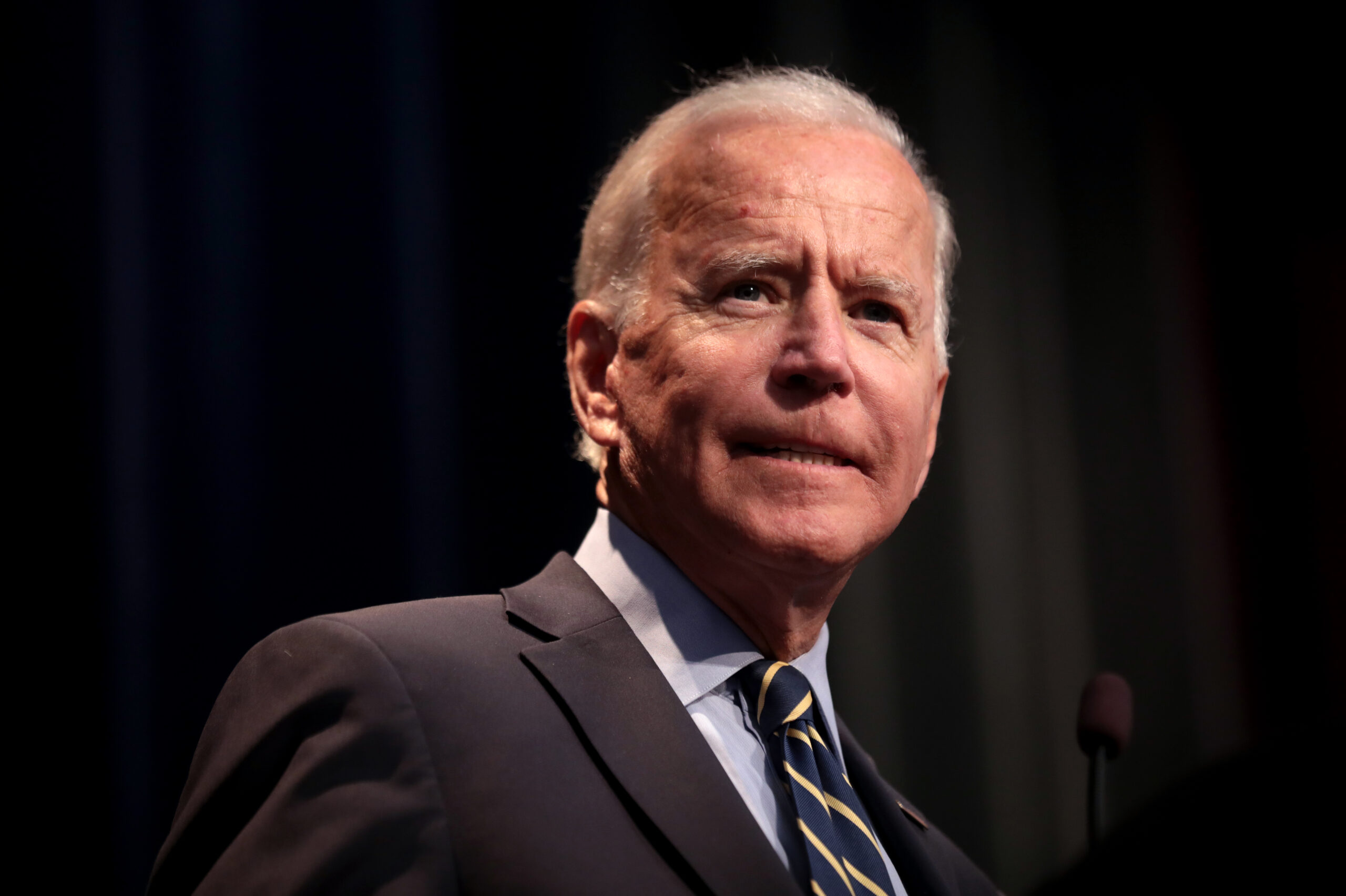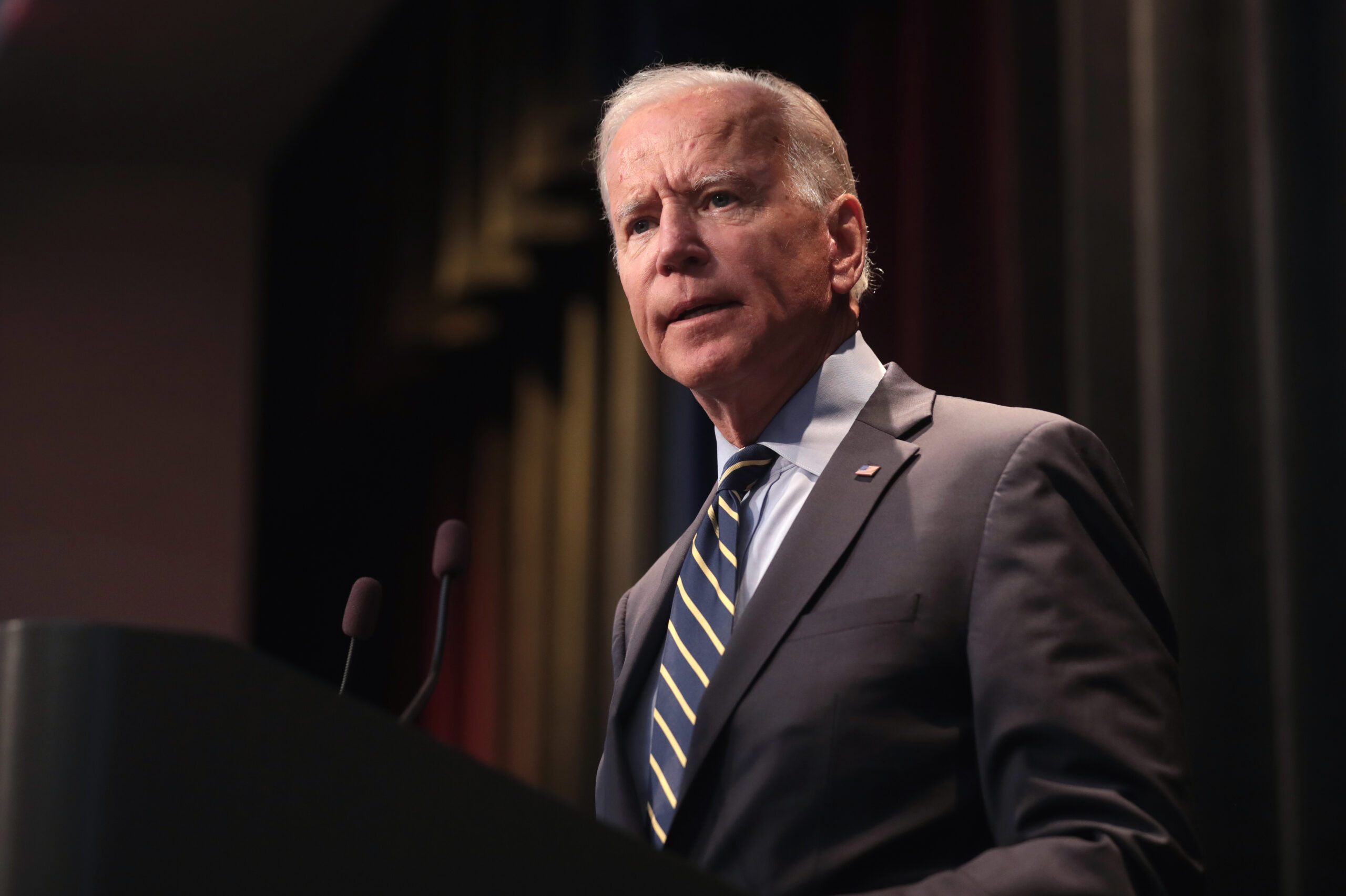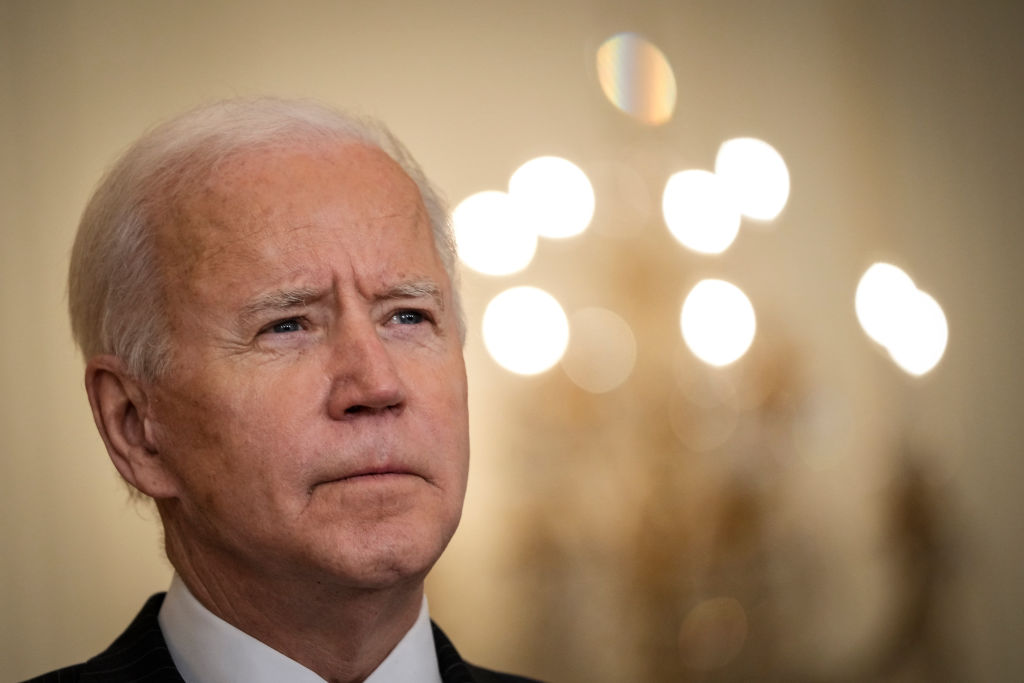White House Unveils $2 Trillion Jobs & Infrastructure Plan
Read the full article from Democracy Now, here.
The White House has unveiled a $2 trillion jobs plan to help address the nation’s deteriorating infrastructure. It includes over $650 billion for roads, bridges, railways and ports; over $300 billion for housing infrastructure; $300 billion for domestic manufacturing; and billions for modernizing the electrical power grid, expanding broadband and eliminating lead pipes in drinking water systems. To pay for the plan, President Biden wants to increase the corporate tax rate from 21% to 28%, end federal tax breaks for fossil fuel companies and crack down on corporate tax avoidance.
